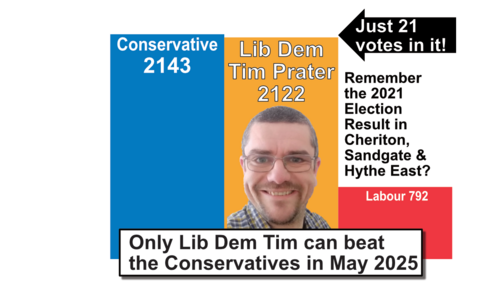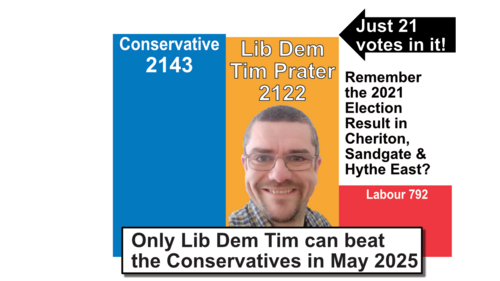Liberal Democrats to develop proposals for a regulated cannabis market
The Liberal Democrats have today set up an independent panel of experts to establish how a legalised market for cannabis could work in the United Kingdom.
It comes ahead of today's debate in Parliament on legalisation of the production, sale and use of cannabis, which is the result of a petition to parliament with 221,019 signatures.
Liberal Democrat Health Spokesman Norman Lamb wants the panel to look at evidence from Colorado, Washington State and Uruguay, where cannabis has been legalised and to make recommendations for the party to consider in the spring.
The party is bringing together an independent panel of experts from the fields of drug policy, public health and crime, to develop a workable model for the legal sale and taxation of cannabis.
The panel will be chaired by Steve Rolles, Senior Policy Analyst of Transform Drug Policy and will also include:
- Professor David Nutt, Founder of DrugScience
- Tom Lloyd, a former Chief Constable in Cambridgeshire and Chair of the National Cannabis Coalition
- Niamh Eastwood, Executive Director of Release
They will also approach international experts who have been involved in developing the models being used in the United States.
Norman Lamb is clear that a move to a legal cannabis market in the UK must be based on evidence from other countries and include effective regulation designed to minimise the harm that cannabis can cause to health.
Norman Lamb said:
"I share people's concerns about the health impacts of any drug - legal or illegal. But we can better manage that harm by taking the money that's currently spent on policing the illegal cannabis market and spending it on public health education and restrictions at the point of sale. That's the approach we've taken with cigarettes and it's led to dramatic reductions in smoking in recent years.
"With successful legal cannabis markets emerging in different parts of the world, the onus is now on the supporters of prohibition to explain why we shouldn't do the same things here in the UK.
"We must end the hypocrisy of senior politicians admitting to using cannabis in younger years - and describing it as 'youthful indiscretions' - whilst condemning tens of thousands of their less fortunate fellow countrymen and women to criminal records for precisely the same thing, blighting their careers."
Also supporting this move is Brian Paddick, Liberal Democrat Home Affairs Spokesperson.
The former Deputy Assistant Commissioner in the London Metropolitan Police led a pilot scheme in Lambeth which effectively decriminalised possession of cannabis for personal use for a 12 month period.
The pilot saved resources and enabled the police to deal more effectively with serious crime, with crime falling significantly over the period.
This announcement comes ahead of a debate in Parliament on Monday 12th October, which calls for the legalisation of the production, sale and use of cannabis. The petition attracted 221,019 signatures.
In 2012, Colorado and Washington State became the first jurisdictions in the world to legalise cannabis markets for non-medical use.
Early evidence from Colorado indicates:
- Any rise in cannabis use has been broadly in line with changes seen elsewhere in the US.
- No increase in road fatalities.
- 59% of the recreational market has now been legalised, regulated, and taxed, which represents a significant contraction in the untaxed criminal market.
- The state has collected a cumulative revenue total of $73.5mn for the first seven months of 2015.
In Washington:
- Retail marijuana sales have generated over $80 million in tax revenues.
- Violent crime rates have declined.
- State wide rates of youth use and traffic fatalities have remained stable.
Current Liberal Democrat policy on drugs is set out in the Doing What Works to Cut Crime motion which was passed by Autumn Conference 2014. The relevant clause is as follows:
"Subject to a review finding that there is good evidence of effectiveness (in relation to public health and reduced criminal activity) from international contexts, we would invite that review to consider potential frameworks for a strictly regulated cannabis market with tight controls on quality and strength to curb organised crime."

Sign up
for email updates


